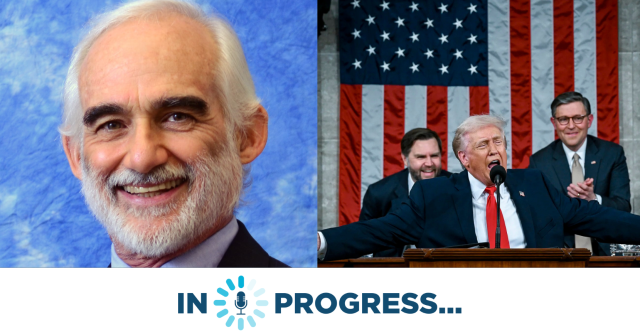Another Lost Generation
The twenty-somethings are in major trouble. Youth unemployment sits at nearly 50% according to 2011 U.S. Census data. That’s correct: almost one out of two youths between the ages of 16-25 can’t find part-time or full-time work. What we are presently witnessing is the slow disenfranchisement of an entire generation. Young people are the real victims of the “jobless recovery” as over 70% of the jobs created since 2010 have gone to job seekers 55 and older.
Now, one might be tempted to hand-wave away youth unemployment numbers based on the assumption that many of those unemployed are currently attending college. This could almost be a sensible excuse if the average cost of a four year education wasn’t nearly $100,000 and average student loan debt wasn’t over $25,000.
What would be even more beneficial for students is if those degrees – for which they are going into tens of thousands of dollars of debt to earn – were actually worth more than the paper that they're printed on. Unfortunately, due to the glut in labor supply, jobs are nowhere in sight for the majority of college graduates. Even for those lucky enough to land a job, odds are the graduate is over-qualified and underpaid. More than a quarter of young adults perform in the service industry, with the average income for the 16-26 age group being $26,000.
The lack of quality jobs for vast swathes of graduates is a major contributor to the rise of a phenomenon known as the post-college unpaid internship – despite their illegality (among for-profits) and questionable ethicality.
College graduates, in order to a get a foot in the door of a rapidly shrinking labor market, are increasingly turning to these “opportunities” that, the majority of the time, only continue to deflate wages and ensure that the paying jobs graduates need to survive are never generated. If an employer can operate on a steady supply of free labor from desperate young people, what is their motivation to create new entry-level positions?
Coupled with the excess of labor, the unpaid internship phenomenon has a significant effect both psychologically and functionally. Youth of today are being conditioned to undervalue themselves and their labor, and are perpetuating the existence of productive (for the firm), un-paying positions that employers are using to exploit an entire class of vulnerable and aspiring workers.
For the most part, the youth of today are being duped into a system that has spread and persisted over the years into becoming a culturally acceptable, and relatively entrenched, practice. This generation of workers has grown up being peddled the belief that unpaid internships are expected, or even required, in some fields. Likewise, the current generation of employers has come to believe that anyone willing to work for free can and should be claimed as an unpaid intern.
What’s the good news? Not much. The aggregate execution of individually self-interested behavior (taking an unpaid internship) has led to a difficult conundrum for Generation Y. Spreading awareness can only go so far – what’s necessary is aggressive enforcement of labor regulations by the Department of Labor coupled with an entire generation being inspired to demand fair treatment.
Gen Y got a taste of this through Occupy – hopefully, sooner or later, an entire generation of malcontents will come-a-knocking. If society wants us to move on, then they could at least provide us the opportunities that they've taken for granted for so long. If employment with a livable wage and an adequate social safety net is too much “entitlement” to ask for, then maybe we need to quit “asking.”
Despite the hand-waving, pandering propaganda of being “entitled” – one used merely as a justification for screwing over an entire generation – we need to, in the spirit of progressives everywhere, “Beg for nothing, demand everything.”
DONATE
Your donation supports our media and helps us keep it free of ads and paywalls.








